 The fourth edition of the African School of Fundamental Physics and Applications (ASP-2016) has been held in Kigali, Rwanda. It brought together 75 students from universities in 28 African countries. The event was made possible thanks to the support of numerous American and European laboratories, universities and research agencies, including the INFN, which contributed around 20% of the total budget of the latest edition of the School. The first edition of the biennial African School was held in 2010. Its objective is to enhance the continent’s development capacity in fundamental and applied physics. The scientific programme of the 2016 edition mainly focused on sub-nuclear physics and physics beyond the Standard Model, with some lectures on notions of astrophysics and nuclear physics. Workshops were also held on topics of particular scientific interest and issues that have been the subject of widespread media coverage, such as the discovery of gravitational waves. Rwanda University then hosted a Forum Day which was attended by Rwanda’s Education Minister and various members of the East African Union, specifically the East African Science and Technology COmmission (EASTCO). During the event the INFN outlined the possibility of creating a compact research infrastructure, as an incubator for the African Light Source (ALS), an ambitious project that aims to provide Africa with a synchrotron light source to boost capacity building throughout the continent, through advanced applications in medicine, palaeontology and life science. This project will be one of the central topics of discussion at the next edition of the African School. The appointment is for 2018 in Windhoek, Namibia.
The fourth edition of the African School of Fundamental Physics and Applications (ASP-2016) has been held in Kigali, Rwanda. It brought together 75 students from universities in 28 African countries. The event was made possible thanks to the support of numerous American and European laboratories, universities and research agencies, including the INFN, which contributed around 20% of the total budget of the latest edition of the School. The first edition of the biennial African School was held in 2010. Its objective is to enhance the continent’s development capacity in fundamental and applied physics. The scientific programme of the 2016 edition mainly focused on sub-nuclear physics and physics beyond the Standard Model, with some lectures on notions of astrophysics and nuclear physics. Workshops were also held on topics of particular scientific interest and issues that have been the subject of widespread media coverage, such as the discovery of gravitational waves. Rwanda University then hosted a Forum Day which was attended by Rwanda’s Education Minister and various members of the East African Union, specifically the East African Science and Technology COmmission (EASTCO). During the event the INFN outlined the possibility of creating a compact research infrastructure, as an incubator for the African Light Source (ALS), an ambitious project that aims to provide Africa with a synchrotron light source to boost capacity building throughout the continent, through advanced applications in medicine, palaeontology and life science. This project will be one of the central topics of discussion at the next edition of the African School. The appointment is for 2018 in Windhoek, Namibia.
You might also be interested in

EuPRAXIA chooses ELI Beamlines as second site for laser-driven accelerator
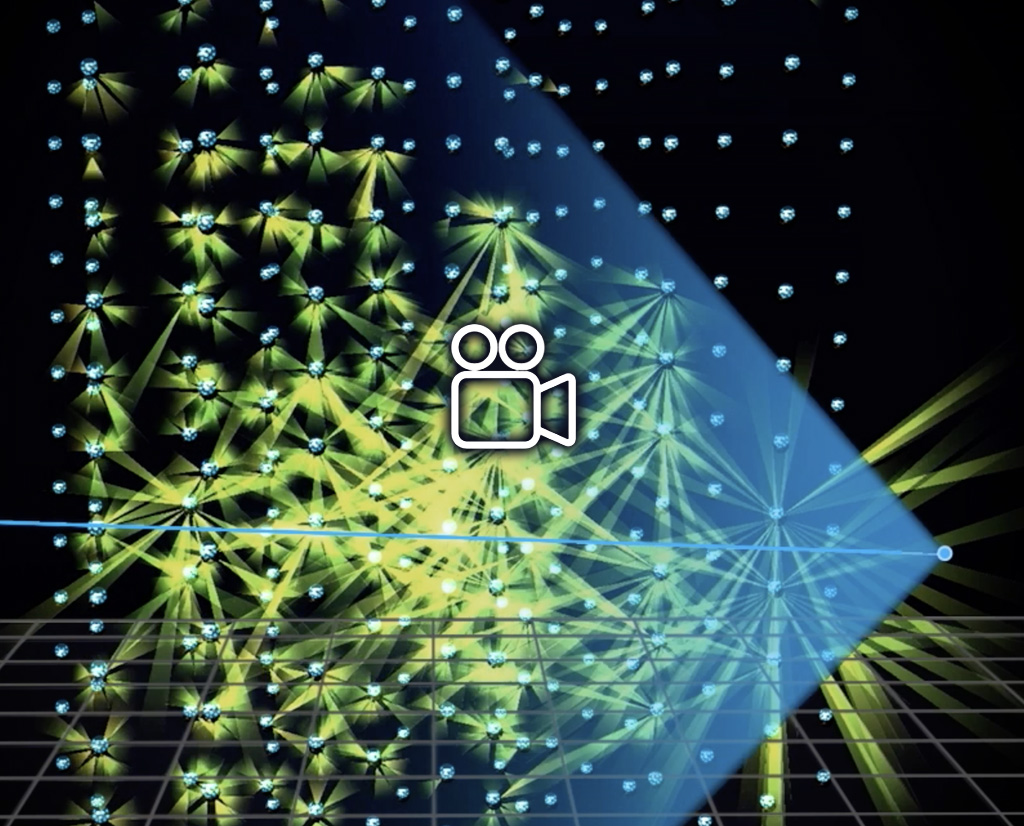
The record neutrino observed by KM3NeT
07 February 2025
Read more The record neutrino observed by KM3NeT
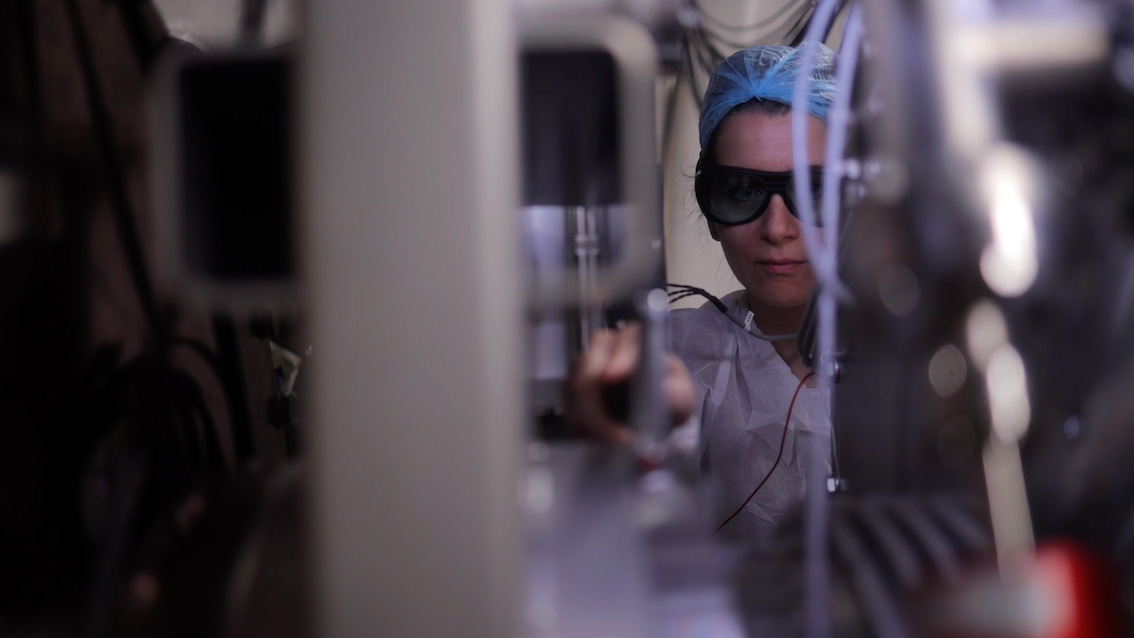
INFN celebrates the STEM WEEK and the International Day of Women and Girl in Science 2025
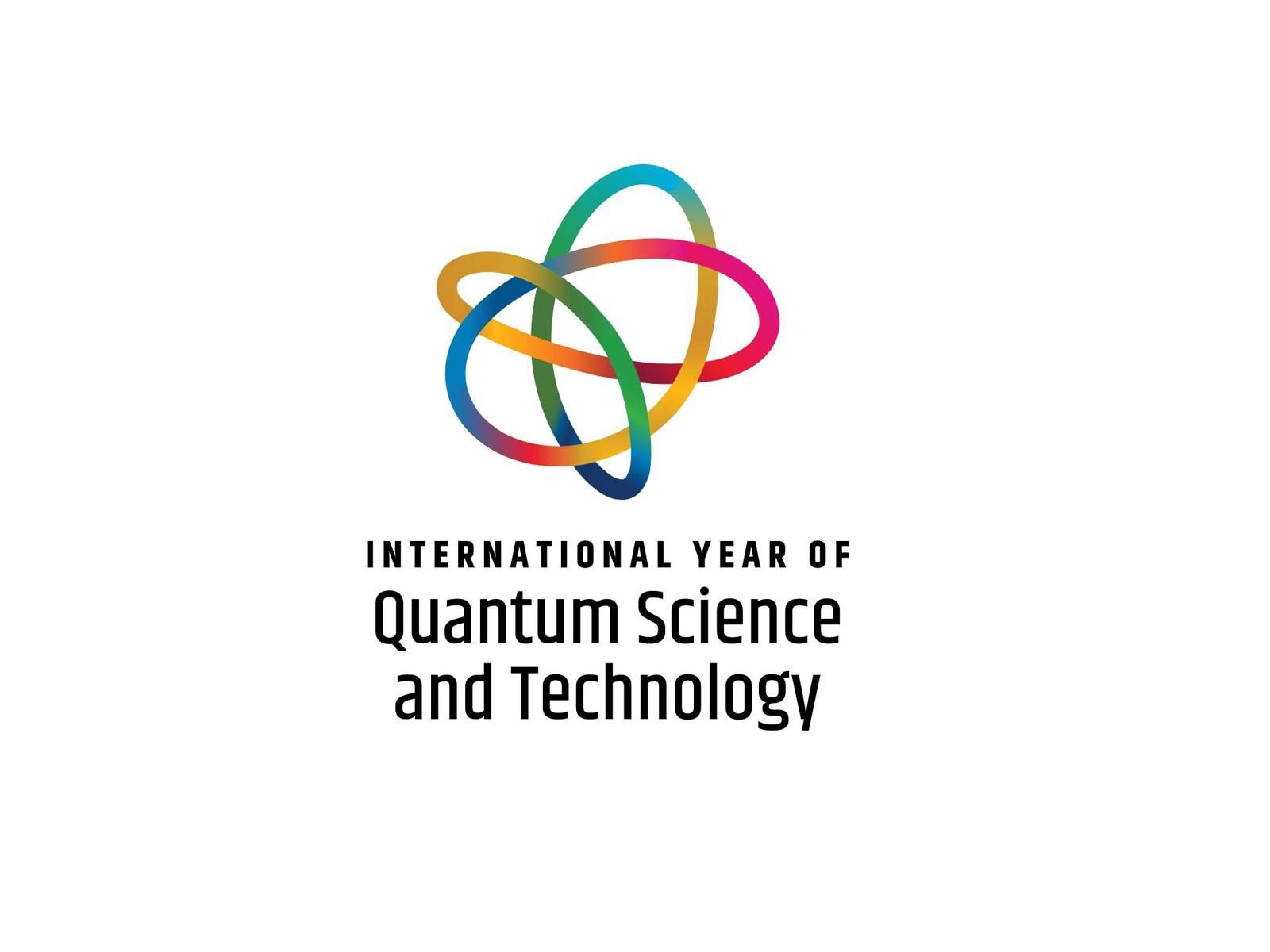
International Year of Quantum Science and Technology, 2025
03 February 2025
Read more International Year of Quantum Science and Technology, 2025
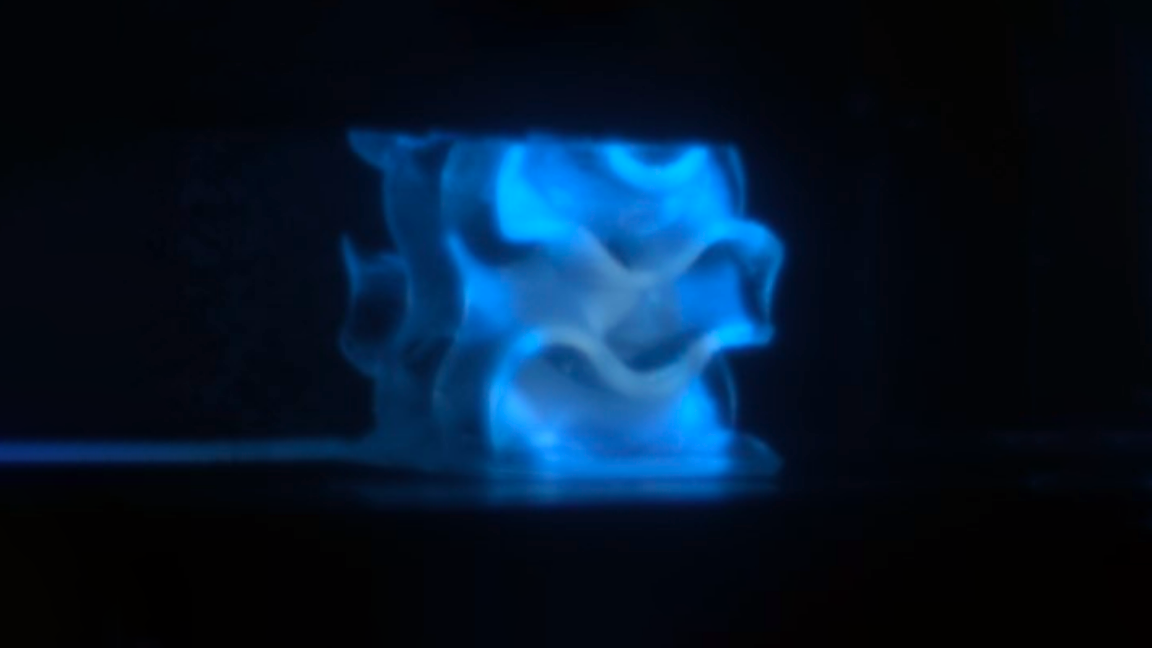
A new generation of plastic scintillators thanks to 3d printing
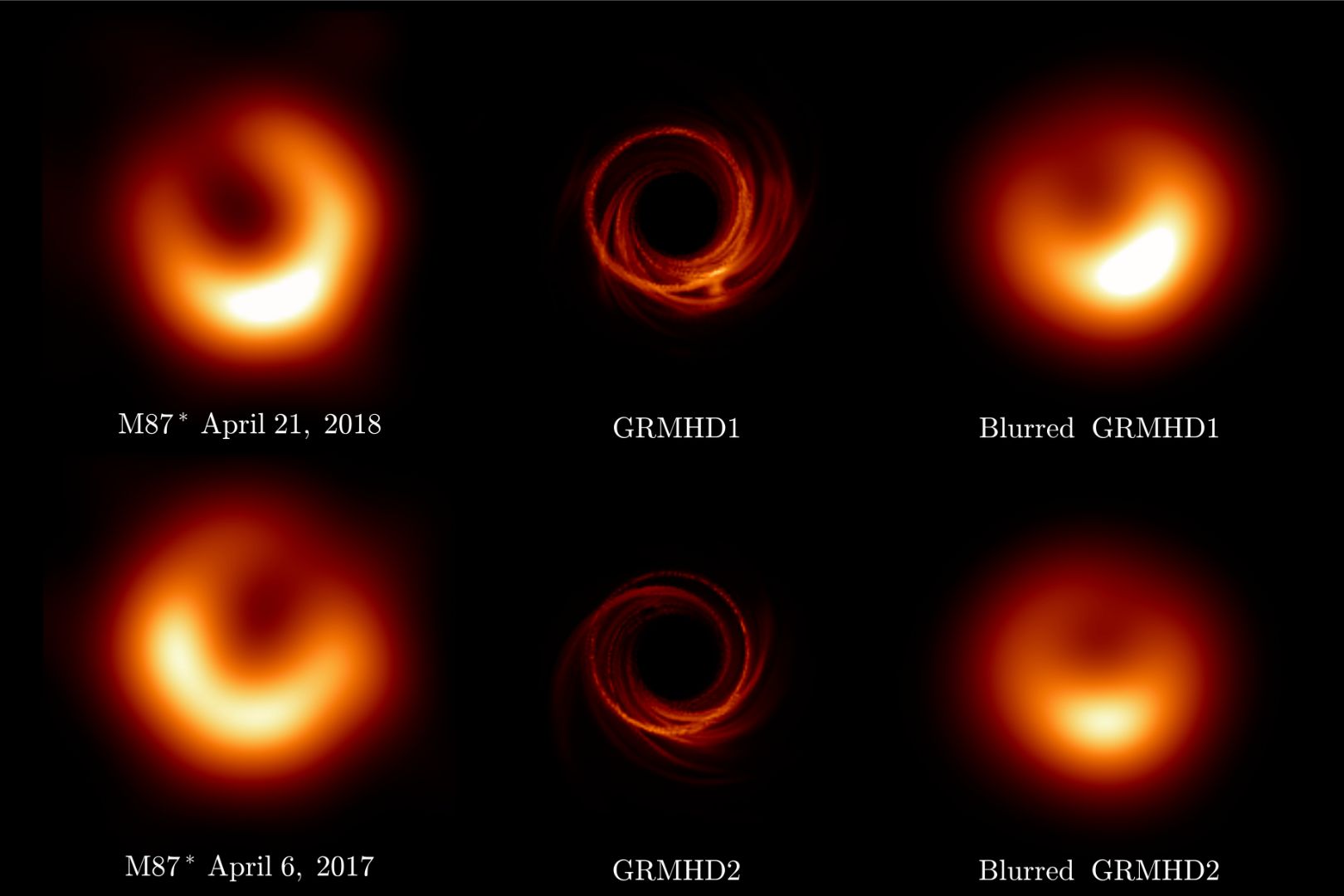
Capturing the accretion flow of M87* black hole
22 January 2025
Read more Capturing the accretion flow of M87* black hole